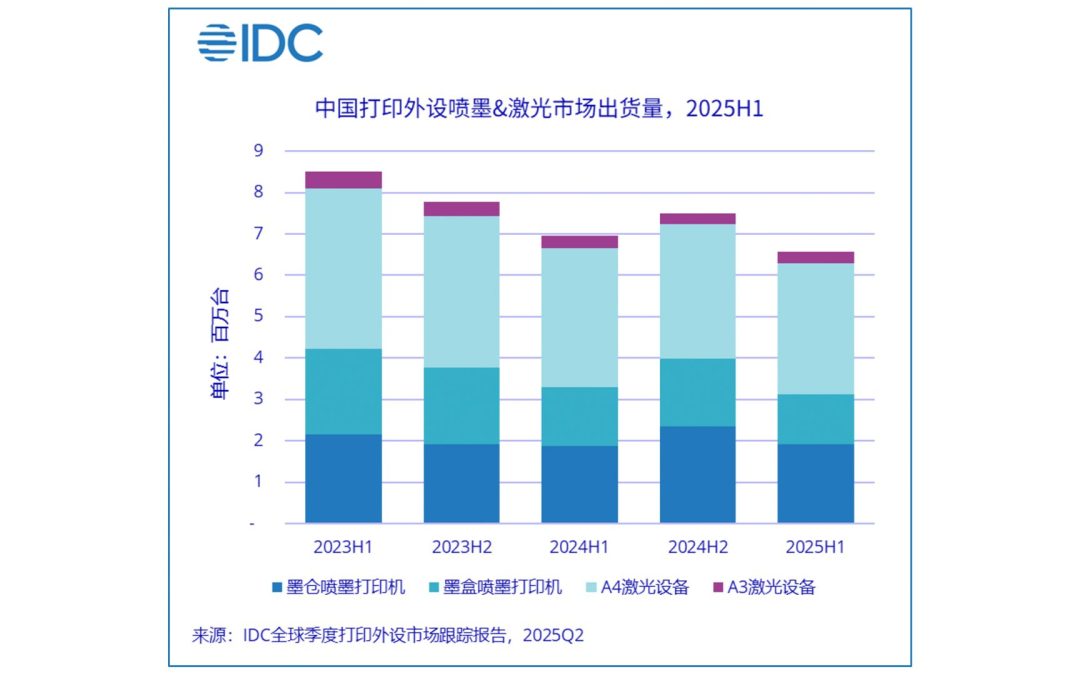
Is the sun beginning to set on the oil industry?
New research from ESCP Europe points to increasing uncertainty in the world’s oil supply – with a knock-on effect for industries across the planet.
The vulnerable position that the oil industry now finds itself in has come about via several factors; political instability across the Middle East undoubtedly impacts, as does the targeting of ships and tankers by insurgent rebel groups.
“The recent attack on two oil tankers each carrying one million barrels of oil in the Strait of Bab al-Mandeb at the southern tip of Yemen and Saudi Arabia’s suspension of some oil shipments, have demonstrated just how easy it is to disrupt global oil traffic,” opined Mamdouh G. Salameh, Professor of Energy Economics at ESCP Europe Business School, London, and an oil and energy consultant for the World Bank. “The four key world chokepoints of oil, including the Straits of Hormuz, Bab al-Mandeb, Malacca and the Suez Canal account for two-thirds of global oil trade traffic, with over forty-four million barrels of oil travelling through these chokepoints every day.”
Salameh explained that such fragility within the oil trade will send prices rising around the globe, which will hit consumers hard, as they face paying even more for their petrol.
“Any hint of a potential outage at these chokepoints can add a few dollars per barrel as a risk premium,” Salameh continued. “This is extremely worrying considering Iran have just threatened to close the entire Strait of Hormuz as a result of US sanctions, a closure like this could send oil prices far above $150 (€132) a barrel.”
But it’s not just at the fuel pump that such instability will bite. The reliance of oil in the manufacturing of plastics will mean a vast array of everyday goods will see their prices rise, and – potentially – their availability tumble.
One such strand of goods is ink cartridges, which have a high percentage of plastic, and which could become a lot more expensive if ESCP Europe’s research is borne out.
The new research follows news from earlier this week that OPEC – the Organisation of the Petroleum Exporting Countries – has forecast lower demand for crude oil, with Saudi Arabia beginning to cut back on production in order to avoid oversupply, according to Reuters. As the automobile industry moves away from diesel cars (driven no doubt by their impending illegality in multiple European cities and nations), this could see production fall further, with the effect of prices rising even higher as demand begins to outstrip supply.
Speaking at this year’s ETIRA General Assembly in Budapest, President David Connett predicted that over the coming decades, oil prices – and with them, plastic prices – will rise to the extent that new technology will be developed to retrieve previously-discarded plastic from landfill sites.
Discussing the new research, Connett told The Recycler: “As the cost of oil rises so will the cost of new cartridges whose manufacturing is oil and energy intensive. As the price of new, single use, cartridge increases, it makes reused or remanufactured cartridges a cost and environmentally safe alternative because reused and remanufactured cartridges consume considerable less oil and energy.”




















